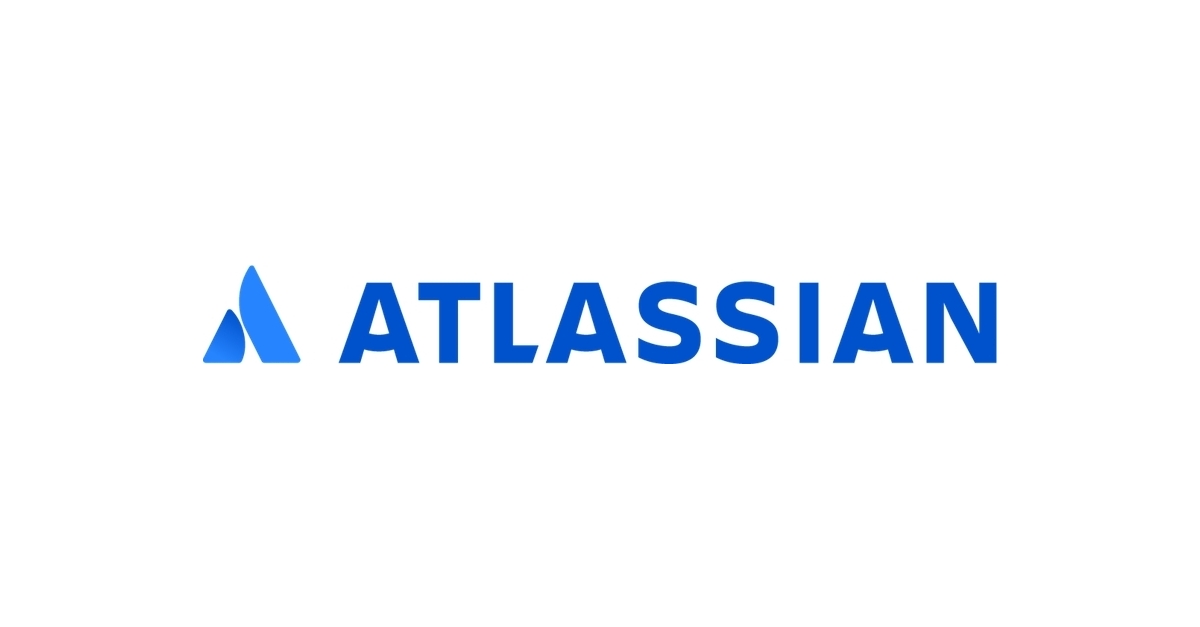Generative AI has emerged as a groundbreaking technology this year, captivating the tech industry with its potential for transformation. Companies are eagerly embracing this innovation, recognizing the opportunities it presents. However, amidst the enthusiasm, a cloud of uncertainty looms over the future of generative AI in the form of regulatory measures.
Key Takeaway
Generative AI has captured the tech industry’s imagination, but the subject of regulation raises significant concerns. While some argue for stringent measures, others caution against stifling innovation. Striking the right balance between regulation and progress will be crucial for the future of generative AI.
Policymakers around the world are taking notice and assessing the need for regulations. President Biden’s executive order, along with the AI Safety Summit meeting in the U.K. and the European Union’s ongoing efforts to develop stringent requirements, signal a growing push for regulatory frameworks in this domain.
The Call for Regulation
Reactions to the rise of generative AI have varied greatly. Last March, a letter signed by 1,100 influential figures in the technology industry called for a six-month moratorium on AI development. However, the rapid progression of generative AI has continued despite these concerns, with some labeling AI as an existential threat.
On the opposing end of the spectrum, there are those who argue against any form of regulation, believing it would stifle innovation without providing tangible protection. They question how one can safeguard against negative outcomes without fully understanding the risks. Yet, proponents argue that waiting for adverse consequences could lead to irreversible damage.
The Real Problems and the Disadvantaged
Amidst the debate, certain individuals assert that the existential threat argument acts as a smokescreen, diverting attention from the current issues stemming from the prevailing generation of AI. Moreover, excessively stringent regulations tend to favor established corporations, potentially disadvantaging startups struggling to comply due to financial constraints.
These concerns are amplified by the fact that some incumbents have a say in shaping the regulations. This raises pertinent questions regarding the appropriate level of regulation and who should be involved in its formulation.
To Regulate or Not to Regulate?
While many acknowledge the necessity of some level of AI regulation, others envision a world of unchecked innovation, perceiving regulatory bodies as impediments to progress. In his provocatively titled pro tech manifesto published in October, tech investor Marc Andreessen portrays intelligence as the ultimate driver of advancement, asserting that “regulating AI could, in some cases, be akin to murder.”
Andreessen’s perspective is not entirely unique, reflecting the opinions of others in this ongoing debate.

























